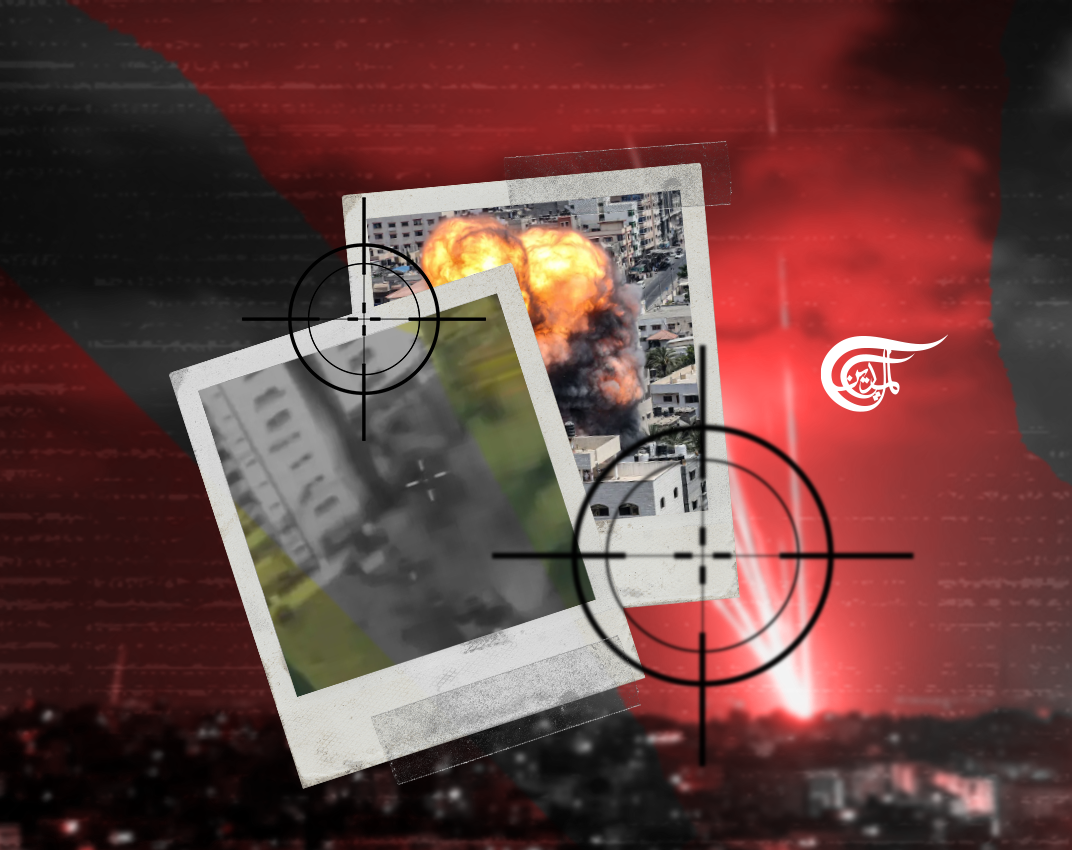Why is "Israel" targeting Islamic Jihad?
Which powers are interested in targeting the faction closest to Iran in the Palestinian arena?
On the night of August 1, 2022, the Israeli occupation forces arrested a leader of the Islamic Jihad movement, Bassam Al-Saadi, in the West Bank. This was followed by Israeli Prime Minister Yair Lapid's announcement of security measures along the line separating the occupied Palestinian territories and the Gaza Strip under the pretext of anticipating an Islamic Jihad operation targeting the occupation forces in retaliation for the arrest of Al-Saadi.
Here, Egypt intervened in the crisis and began a mediation between the Israeli occupation government on the one hand and the Islamic Jihad movement on the other, through which it was able to persuade Islamic Jihad to freeze any possible military action on its part. At a time when the Egyptian mediation seemed to have succeeded in avoiding a clash, the occupation forces targeted an apartment in Gaza where the commander of the northern region of the Islamic Jihad movement, Tayseer al-Jabari, was present, which led to his martyrdom and the martyrdom of a number of his companions, in addition to a number of Palestinian civilians.
This led to the failure of the Egyptian mediation and the announcement of the Islamic Jihad movement of its intention to confront the occupation and its targeting of the Zionist settlements all the way to Lydd and Yafa.
Here it became clear that the Israeli leadership was the one that lured the Islamic Jihad movement into a confrontation it had been preparing for, for some time now, to deal a blow to this Palestinian resistance movement by targeting its leaders, which was manifested after the arrest of al-Saadi and the assassination of al-Jabari with the assassination of the commander of the southern region in the movement, Khaled Mansour, and the targeting of another field commander, Ahmed Mudallal which resulted in the martyrdom of his son Ziyad, while he survived.
The occupation government has openly declared that it does not aim for confrontation with other resistance movements and that it is only targeting the Islamic Jihad movement. According to what was reported by the media, most of the Palestinian factions refused to engage in confrontation with the occupation forces, with the exception of Abu Ali Mustafa Brigades, which is the military wing of the Popular Front for the Liberation of Palestine, that took the initiative to participate in military operations alongside Islamic Jihad against the Israeli occupation forces.
But why is "Israel" targeting Islamic Jihad now?
The Islamic Jihad movement was launched in the 1980s, influenced by the experience of the Iranian Islamic Revolution. This prompted it to be the Palestinian faction closest to Tehran among many Palestinian factions.
Although Iran has given its unlimited support to all Palestinian resistance factions without discrimination, especially Hamas, the latter’s adherence to the Muslim Brotherhood made it stand at odds with Tehran on a number of issues, foremost of which is the issue of the war on Syria, in which Iran supported the Syrian state, while Hamas supported the Syrian armed opposition factions. As for the other Palestinian factions, their national and ideological agendas did not make them close to Iran, as is the case with the Islamic Jihad movement.
In the last decade, and away from media propaganda, the Islamic Jihad movement was able to develop its capabilities in the West Bank and Gaza Strip, which made it into the second faction in terms of military strength after Hamas. This led to an increase in Israeli concerns regarding the existence of a movement such as Islamic Jihad that does not adhere to any limitation for the conflict with the Zionist entity as it does not comply with the influences of Egypt, Saudi Arabia, and the United Arab Emirates (relating to peace or normalization agreements with "Israel"), as is the case with the Fatah movement, and its non-compliance to the influence of Qatar or Turkey, as is the case with Hamas.
The Israeli targeting of the Islamic Jihad came in light of the Israeli Prime Minister Yair Lapid's need to achieve a security achievement that would benefit him in the upcoming Israeli elections, on the one hand, and in light of Israeli concerns regarding the prospects of progress on the course of Western negotiations with Iran regarding its nuclear program, on the other hand. Therefore, the Israeli calculations assume that targeting a Palestinian resistance faction will contribute to disrupting the negotiations in Vienna, especially if this resistance faction is close to Iran.
It is worth noting that targeting the Islamic Jihad may not anger Arab countries that are sensitive to what they consider as "the extension of Iran's influence" to areas it considered part of its security or sphere of influence. The Egyptian leadership does not view with satisfaction the strengthening of Islamic Jihad, which it does not support, in the Gaza Strip. Also, other Arab powers enthusiastic about normalization with "Israel" may favor targeting Islamic Jihad, this faction that does not adhere to a ceiling of the conflict with the Zionist occupation and which has gained significant strength in the past decade.

 Jamal Wakim
Jamal Wakim
 5 Min Read
5 Min Read












